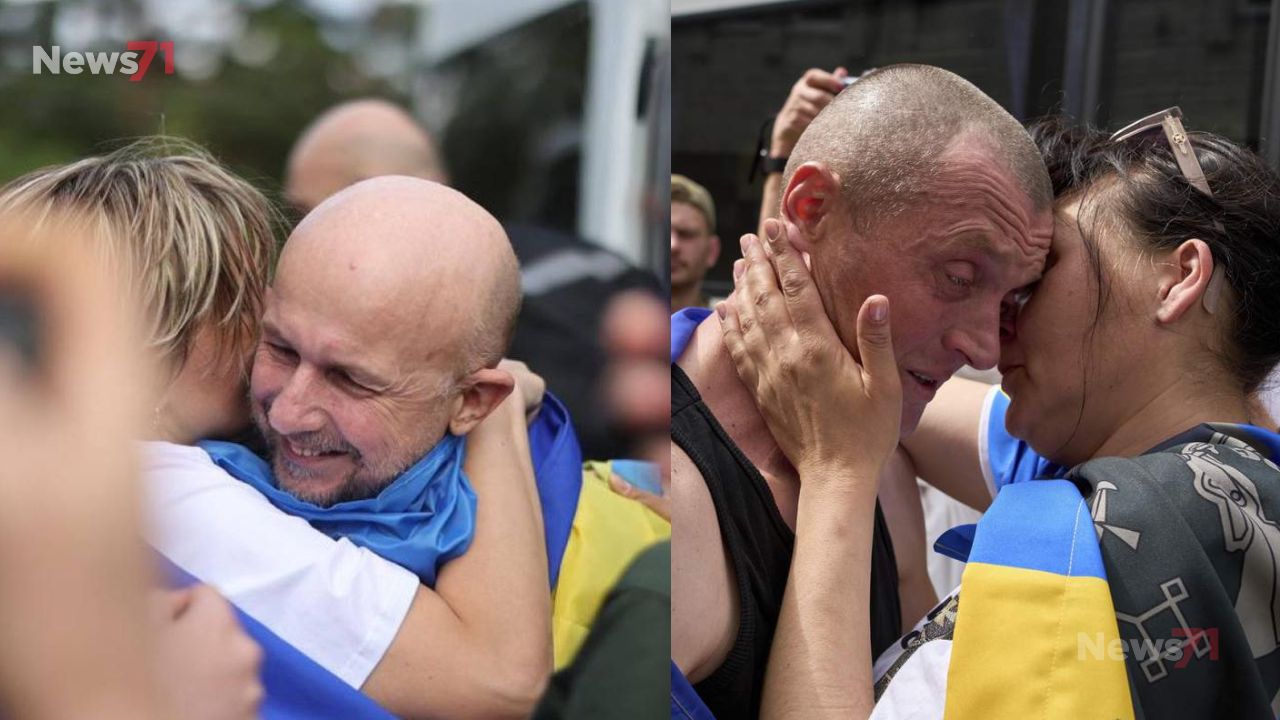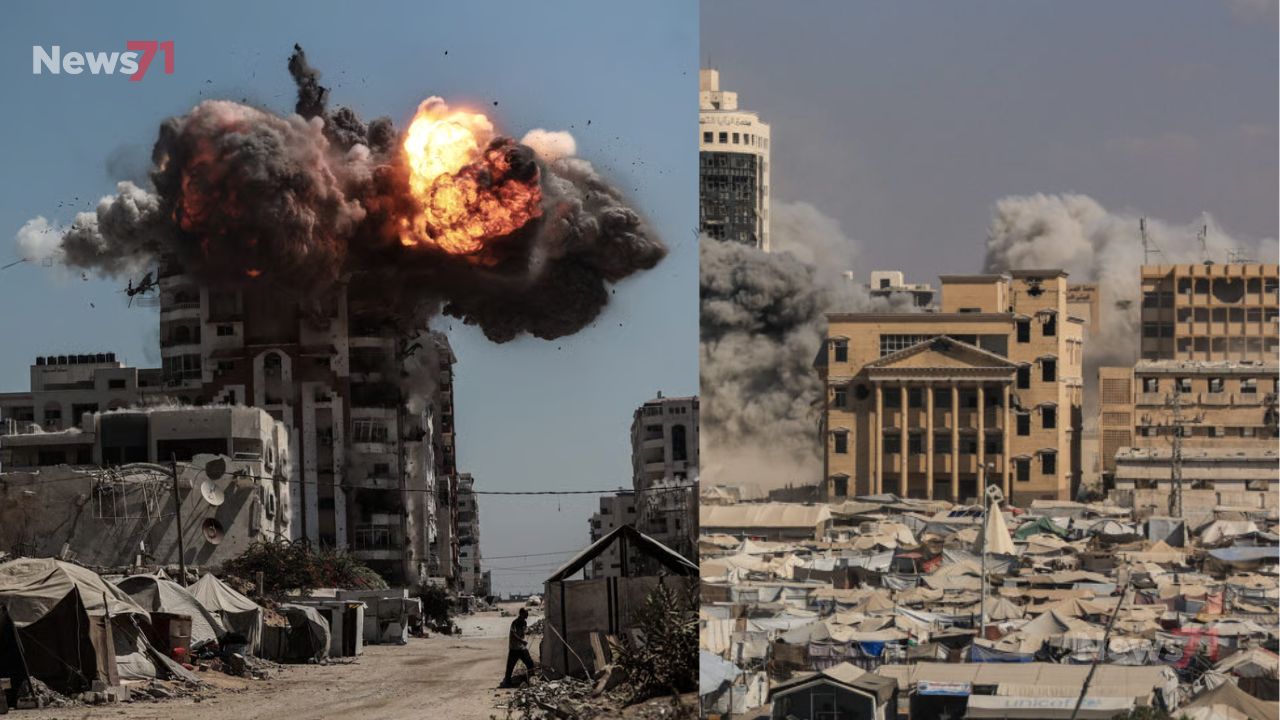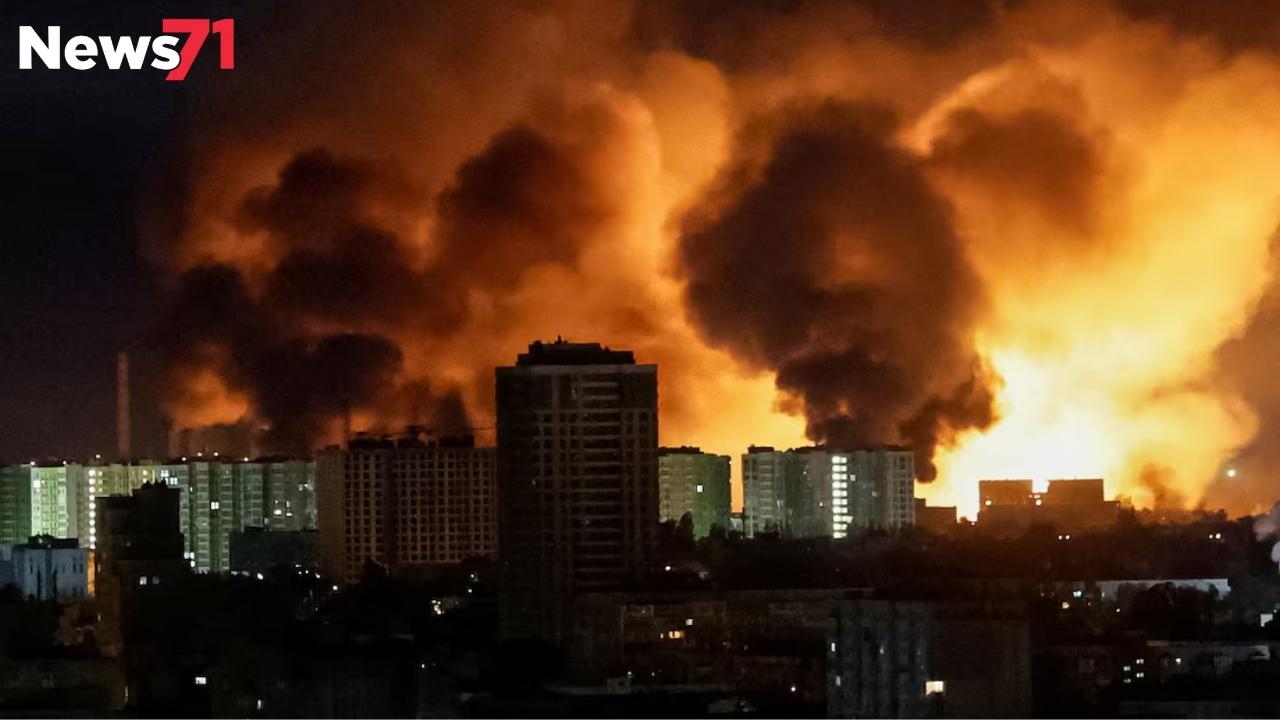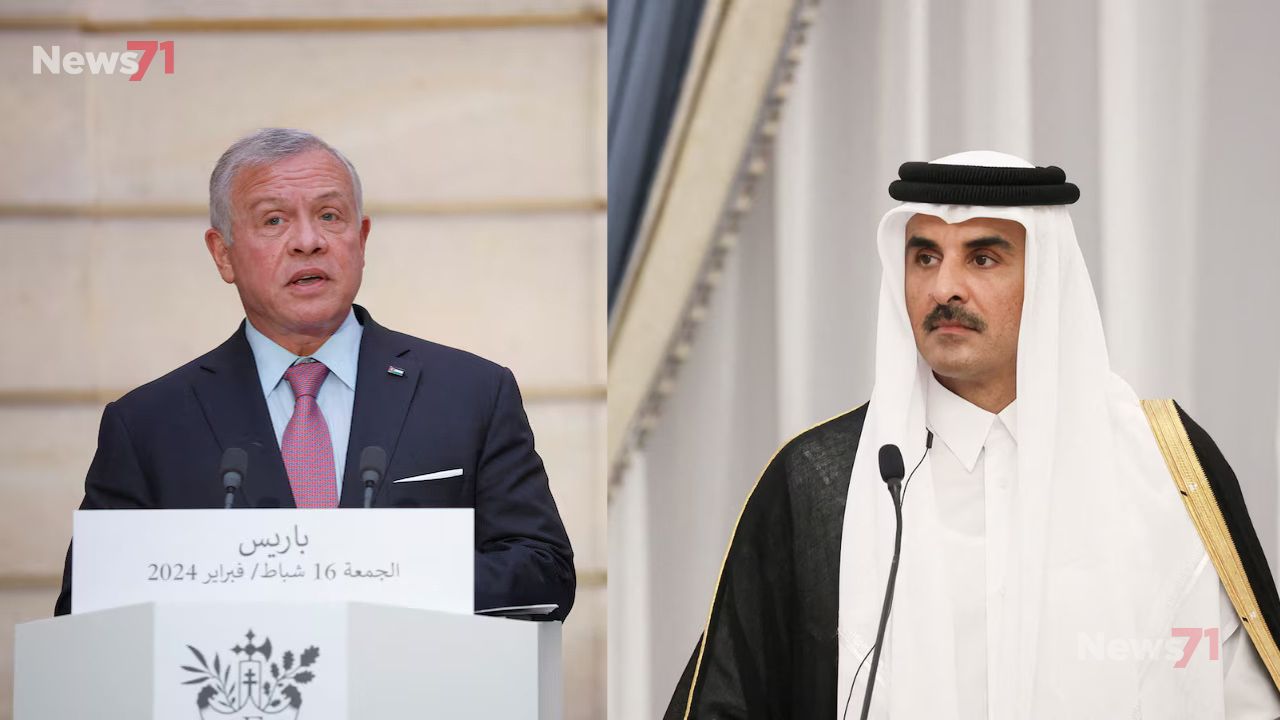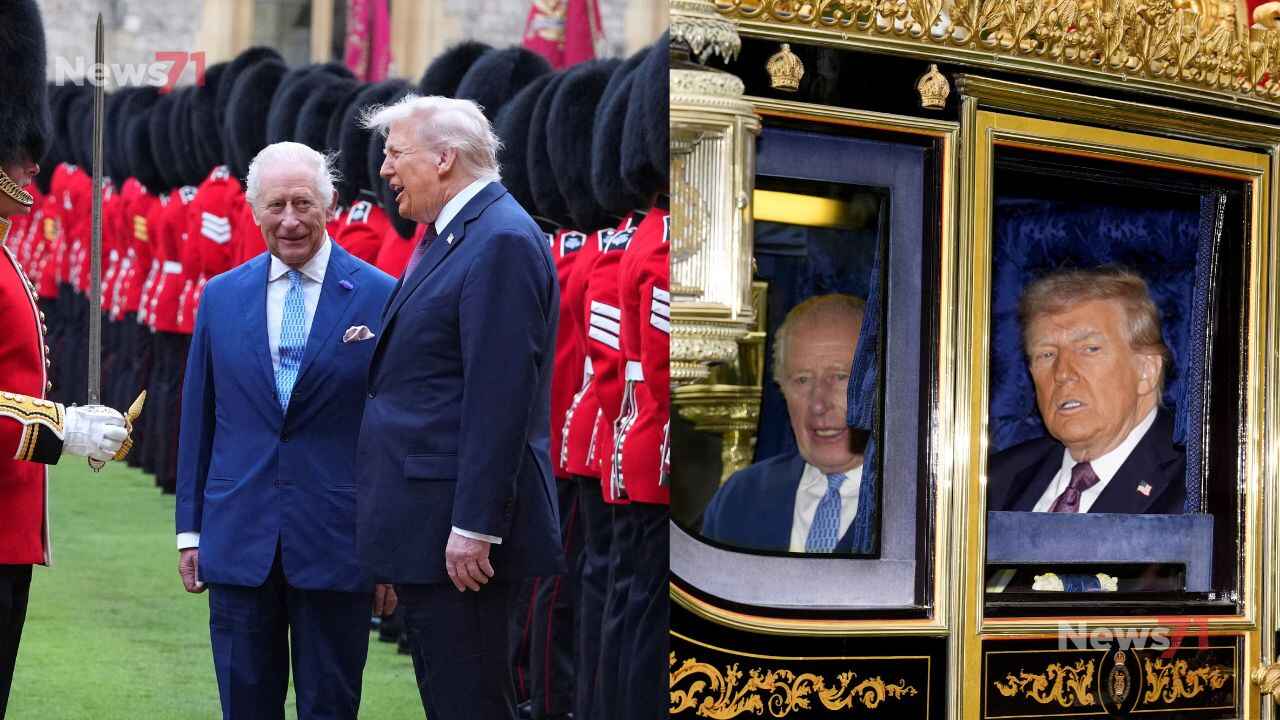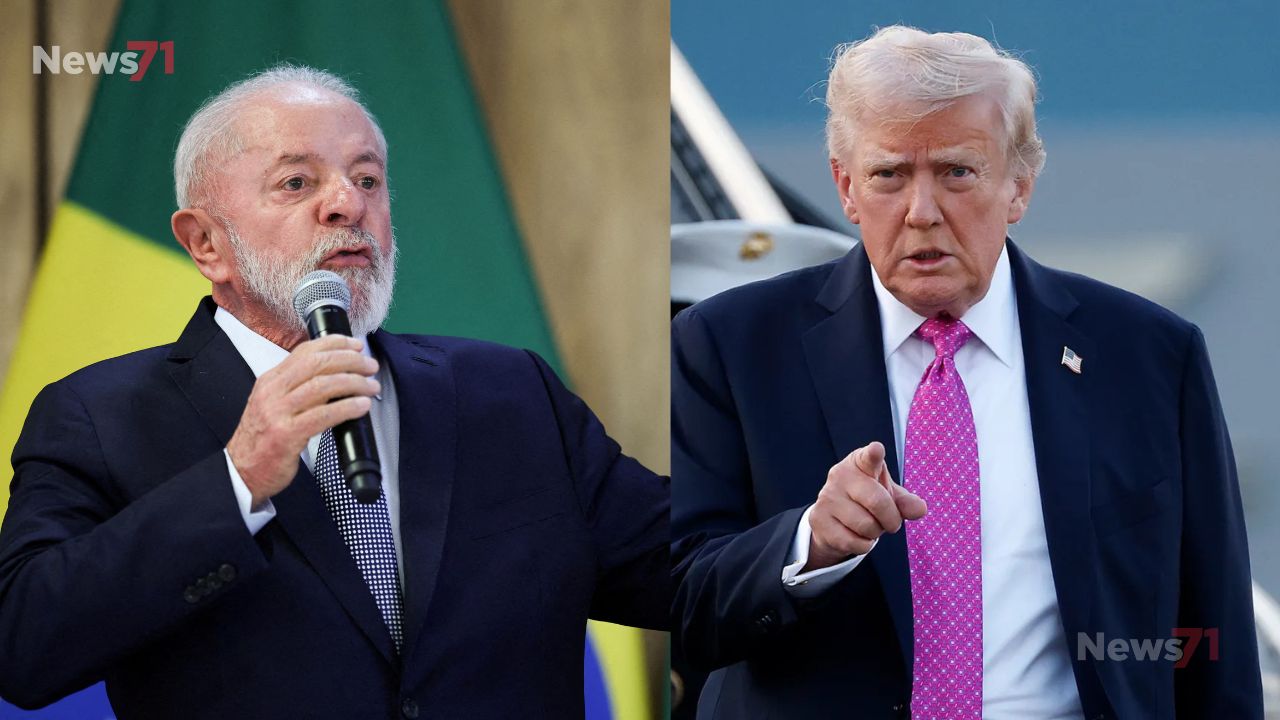Russia captivity no charges, Since stepping out of a Russian prison, Ukrainian journalist Dmytro Khyliuk has rarely put his phone down. Detained in the first days of Russia’s full-scale invasion, he spent more than three years in captivity before gaining freedom through a recent prisoner exchange. The swap, which freed eight Ukrainian civilians alongside military prisoners, was an uncommon move by Moscow and a profound relief to families who had waited without answers.
A Rare Release
Ukraine and Russia have carried out multiple exchanges of prisoners of war, but the inclusion of civilians is unusual. Ukrainian officials offered few details about how the eight civilians were secured, saying only that the deal involved returning individuals Russia wanted. When Dmytro arrived home among a group of 146 Ukrainians, crowds turned out with blue and yellow flags, cheering buses as they rolled by with horns blaring. Many of the men inside were soldiers, gaunt and hollow-cheeked after years behind bars. Among them, Dmytro’s first call was to his elderly parents, the reunion he had feared might never come.
A Phone Filled With Names
Freedom brought a new mission. Dmytro has been calling the families of everyone he met in detention, reciting names and details he committed to memory. For some relatives, his call may be the first real sign that a loved one is still alive. He knows what that sliver of certainty can mean after months or years of silence.
Beatings, Dogs, and Starvation
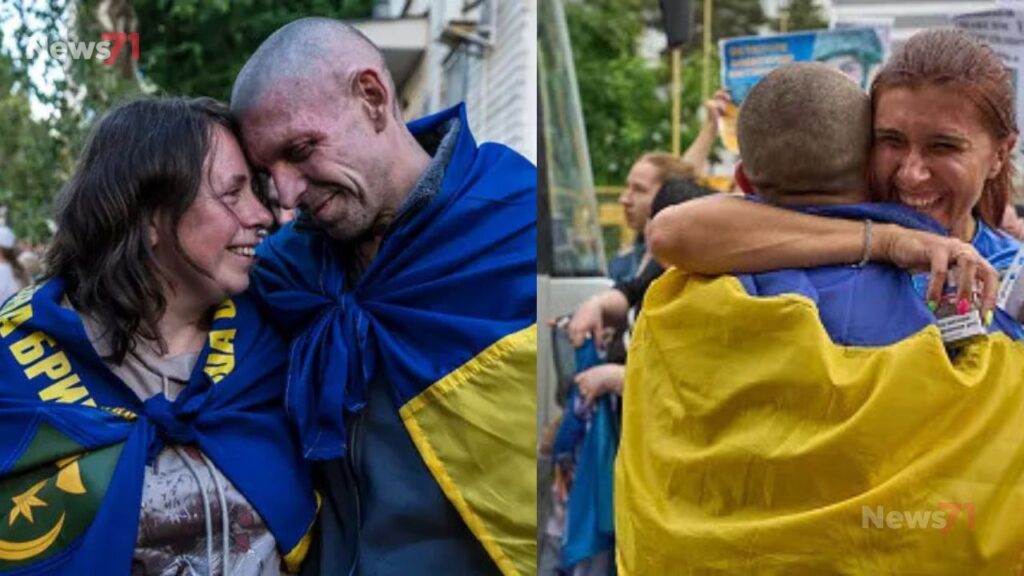
Dmytro’s account of captivity matches testimonies gathered over the past years. Transferred to Russia after his arrest, he says guards beat detainees with rubber batons during transport, demanding confessions and answers about imagined crimes. In multiple facilities, cruelty was routine. Guards at times loosed a dog to bite prisoners. He remembers bleeding from bites and feeling the pain only after stress subsided. Dmytro was never charged with a crime.
The first year was physically brutal. Rations were meager and prolonged hunger left him dizzy; he lost more than 20 kilograms in the early months. Soldiers held with him fared even worse. They were summoned for interrogations, returned with bruises, and described electric shocks. Dmytro heard their cries through the walls.
A Village Scarred by War
Home is the quiet village of Kozarovychi near Kyiv, where gardens still grow berries and fruit trees, even as air-raid alerts cut the calm. The back wall of his family house bears shrapnel tears; the lawn was only recently repaired where a Russian tank had sat in 2022 as troops advanced toward the capital. In those chaotic early days, Russian forces seized the village and detained Dmytro and his father, Vasyl, as they checked their damaged home. The men were forced to the ground, bound and blindfolded, and taken to a basement beneath nearby warehouses used as a Russian base. Civilians crowded the makeshift jail as arrests mounted. Vasyl was freed after some time, but he spent months fearing the worst for his son, with gunshots echoing at night and detainees disappearing.
Eventually, a scrap of paper arrived from a Russian prison: a brief message in Ukrainian saying that Dmytro was alive and well. A second note followed much later. For many families, even that much never came.
The Scale of the Missing
Ukrainian officials say more than 16,000 civilians are currently missing nationwide. Only a fraction have been located in Russian detention. Moscow does not publish lists, as holding civilians without cause violates international law, but that secrecy also makes retrieval especially difficult. Around Kozarovychi alone, forty-three men remain unreturned, including Volodymyr Loburets, detained alongside Dmytro and moved to Russia. He has a grandson he has never met, while his family waits through a fourth year with no resolution.
Ukraine’s human rights ombudsman describes negotiations with Russia as playing chess with an opponent who ignores the rules. Ukraine cannot reciprocate with civilian detainees of its own, since taking them would violate the Geneva Conventions. Trading Russian soldiers for Ukrainian civilians risks incentivizing mass hostage-taking in occupied areas.
Healing, With Scars, Russia
For Dmytro’s family, the wait is ending. He is recovering in a Kyiv hospital and will return to the village once doctors approve. His mother, Halyna, oscillates between tears and practical plans, already compiling a list of repairs for her only son. Dmytro moves cautiously through his new freedom. The landscape looks the same, he says, yet everything feels changed. The war never stopped. Drone strikes still target the capital. The trees and buildings endure, but life is different now.
Even so, he keeps calling. Each name he recites from memory is a lifeline thrown across the silence, a reminder that the missing are not forgotten and that persistence, however fragile, can carve a path home.
